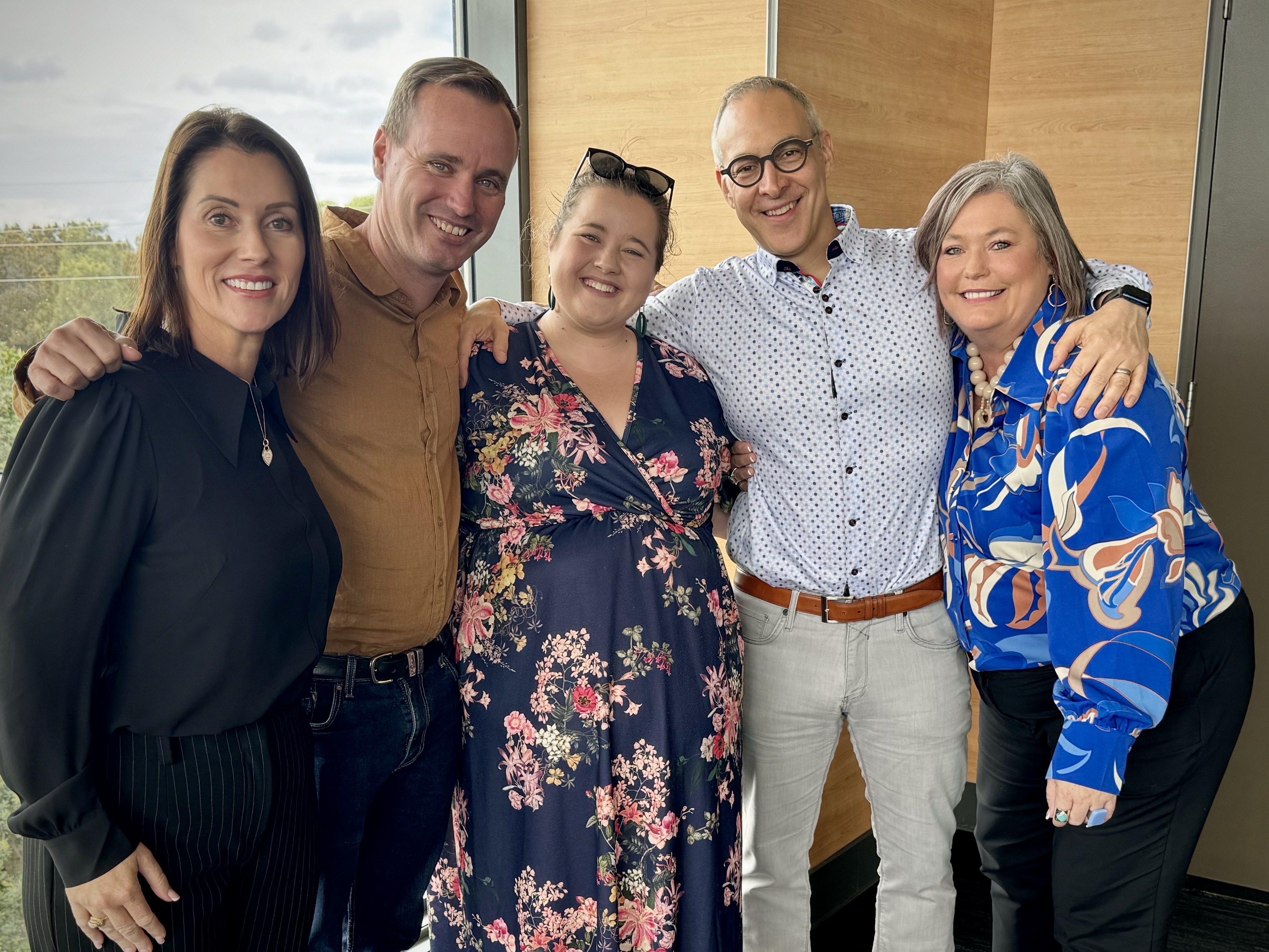5Cs for taking on hard problems in suicide prevention
I often wake up in the morning intimidated by the challenges ahead. Working on suicide prevention, we often have more questions than answers, and while we have learned a lot about effective strategies for helping people, there is still so much unknown.
My colleagues and I at the University of Rochester and SafeSide Prevention have committed to ambitious aims and projects in an effort to move the needle on suicide - which is both exhilarating and scary.
Next week, hundreds of delegates will meet in Adelaide for the Suicide Prevention Australia National Conference (SPA).
This year’s theme is: ‘Collective Courage. Accelerate Impact.’
Inspired by this theme, I have been thinking about the framework I use to muster courage for the day-to-day challenges in my work. Colleagues and mentees have told me that this framework has been helpful to them, so on the occasion of the conference, I’ll share it with you. (Tip of the hat 🎩 to Dan Sullivan, leadership coach whose ideas in this regard I have adopted and morphed over the years.)

Here is how it goes.
1. Commitment: You start by making a commitment to an outcome that matters, even if you don’t know how you are going to achieve it. If you only take on things you already know how to do, you’ll never do anything new!
Which leads to….
2. Chaos: Inevitably, a moment of chaos follows commitment to impact. ‘Oh my gosh, how are we going to do this?’ 😱 False starts, anxiety, doubt. Some team members and external partners will be more comfortable than others with uncertainty than others, creating tensions and differences. Why did we commit to this?
So we need…..
3. Courage: ‘The only way out is through.’ In my experience, courage to muddle through the chaos comes from the people around me. I often have no idea how we’re going to accomplish what we need to but I trust the collective power of our team. Camaraderie, compassion, and collaboration helps us tolerate the chaos. In my day-to-day, this is the ‘collective courage’ that ‘accelerates impact.’
Which is how we gain…..
4. Competence! If we hold onto that collective courage and take massive action, we gain new capabilities and competence to accomplish what we promised! This part feels awesome—growth, innovation, outcomes you didn’t even expect. You celebrate the accomplishment and each other.
Which creates the….
5. Confidence to take on the next outrageous commitment!!! 🔄
We have a long way to go in this work, but we have already come so far. Just 60 years ago, we had little to offer people with suicide concerns, and a primary intervention was to institutionalise people for their “high risk.”
We’re better off now, but many are still left out. And suicide rates—and the suffering they represent—are stubborn.
To accelerate impact, we all need the ‘collective courage’ to take on the unique unsolved problems presented to each one of us and our teams.
I will miss SPA this year because of a family celebration back home. But I wish all delegates a warm, stimulating, and productive meeting.
Prof Tony Pisani
University of Rochester
SafeSide Prevention
